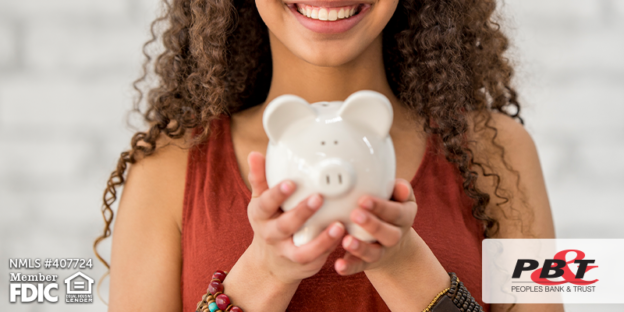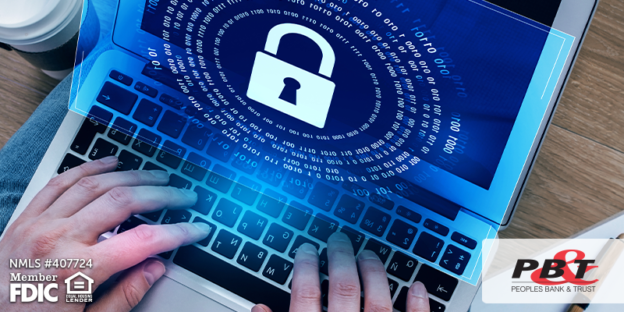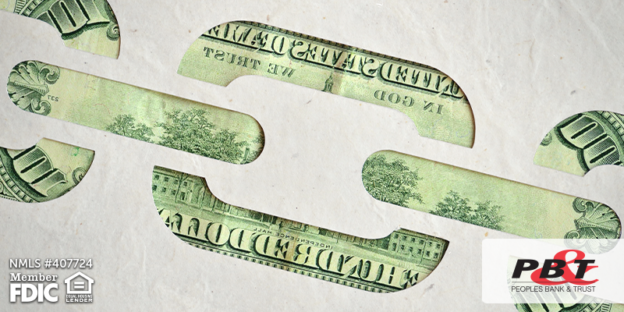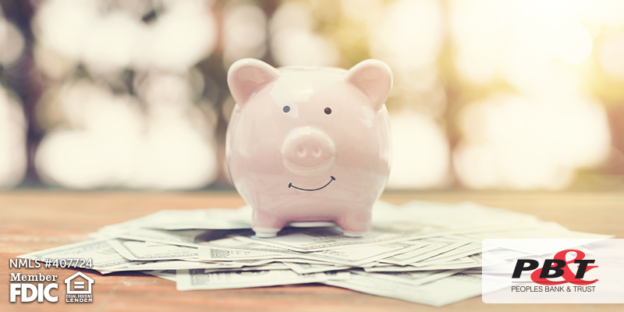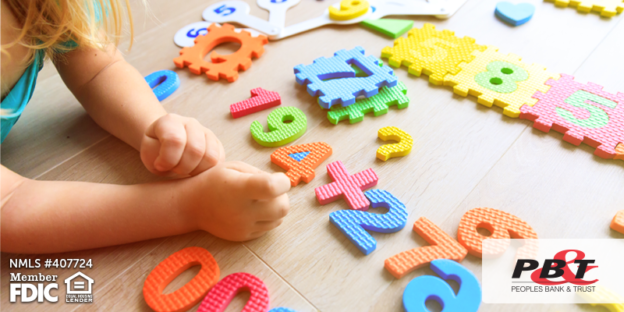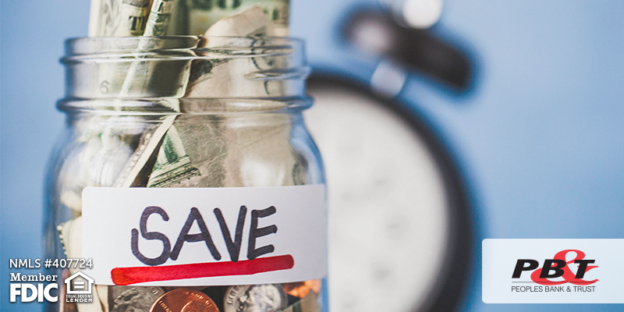High school years are often tricky when it comes to money. Your teenager might have a part-time job, but how can they start using that money wisely and investing in their future? Keep reading to find out how you can guide your child towards smart financial decisions.
Open a savings account and don’t touch it!
The first step is for your child to open a savings account. Here they can stash a percentage of the money they’re making for future use. Time works wonders on money, so investing what they have will allow it to grow and become much more than it once was. That’s not all, though – make sure their savings account is strictly for saving and that it’s not being tapped into for other reasons. This will help them work on patience and self-control, too!
Record and keep track of purchases.
A great way for your teenager to find out if they’re overspending is to put it on paper. Have them keep a book and write down all the purchases they make. At the end of each week or month, they can look back at what they’ve spent and know what changes to make in their spending habits.
Find a part-time or summer job.
If your child is too busy to work during the school year, a great solution is to help them get a summer job. If weekends are open, they could even find a part-time, weekends-only job during the school year to help rake in some extra money. Working during summer break might not sound appealing to them, but many jobs aren’t bad if they are interested in what they’re doing. A common summer job that many high school students enjoy is lifeguarding since they can still be outdoors.
Get a jumpstart on an emergency fund.
If you haven’t talked to your teenager about the importance of an emergency fund, now’s a good time to do so. If they start putting money aside for emergencies only, they’ll be way ahead of the game by the time they need one as an adult. It’s never too early for your child to start investing in their future. Odds are, down the road they’ll need that emergency fund and will be more than thankful they started it early.
Plan ahead and set goals.
Once your high schooler graduates, they’ll be paying for things they might not have thought about. One smart move is to think ahead about what they’ll need to pay for so they can set a goal amount to save. For example, maybe they’ll need to buy a car, pay for college, move out and pay for rent, etc. Whatever it may be, having a goal in mind is a good motivator.
There’s nothing better than planning ahead, achieving your goals and getting a jumpstart on the future. Your teenager will thank you later for guiding them towards smart financial decisions, and the best time for them to start implementing these tips into their life is now! To help them start saving, set up a savings account with us today!
Peoples Bank & Trust Co.
Member FDIC
Equal Housing Lender


